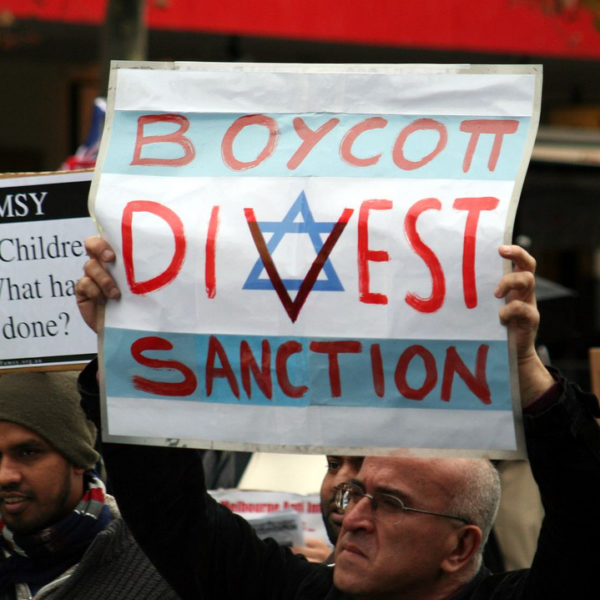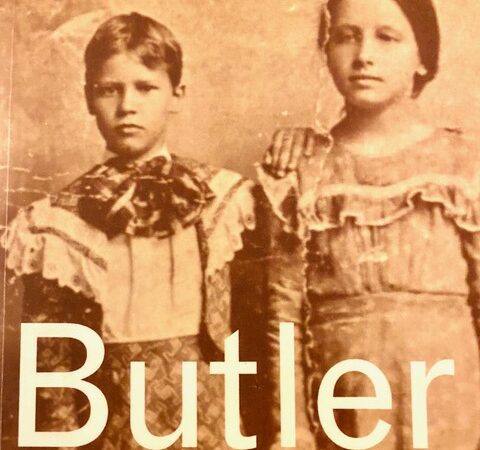
Several of my friends joined a Facebook meme soliciting a list of the ten books that most influenced you. I thought myself too cool to participate, but if I had, Judith Butler’s Gender Trouble would have been on my list. I devoured it one winter break when I was home from college. At the time, I was fascinated by the world of feminist theory to which Butler introduced me.

Judith Butler’s Parting Ways proposes a “Jewish” critique of state violence. But to my mind its real success is in arguing persuasively for a model of identity that places relationality and dispossession at the heart of human political experience. She forges her claim through readings of 20th century thinkers all touched by persecution and the experience of statelessness. These include Jews and non-Jews alike.

The reception of Parting Ways has been an instructive gauge of the political temperature of U.S. conversations about Zionism. Putting the phrase “critique of Zionism” in the title is bound, for better or for worse, to garner an audience. It seems that everyone has an opinion, even those who’ve never read the book.

Let’s say for heuristic reasons that there are two kinds of discourse, mainstream and radical. And then ask what happens when radical discourse enters or is brought into the mainstream. What would it mean to “moderate” that discourse that presents itself as radical?
In the days and weeks – indeed, years – before the execution of Troy Davis, a variety of voices, many purported theological, others secularized, addressed his case. Some argued that Troy Davis was innocent. They pointed to the details of his trial, including witnesses who had changed their testimony. Innocence is a tricky, and a dangerous, rhetorical implement. At the end of the day, we are all guilty. But the point that the Davis case illustrated is that our guilt is always opaque. To pretend that guilt is transparent may be necessary in some circumstances, but in such cases there should always be a spirit of humility.




